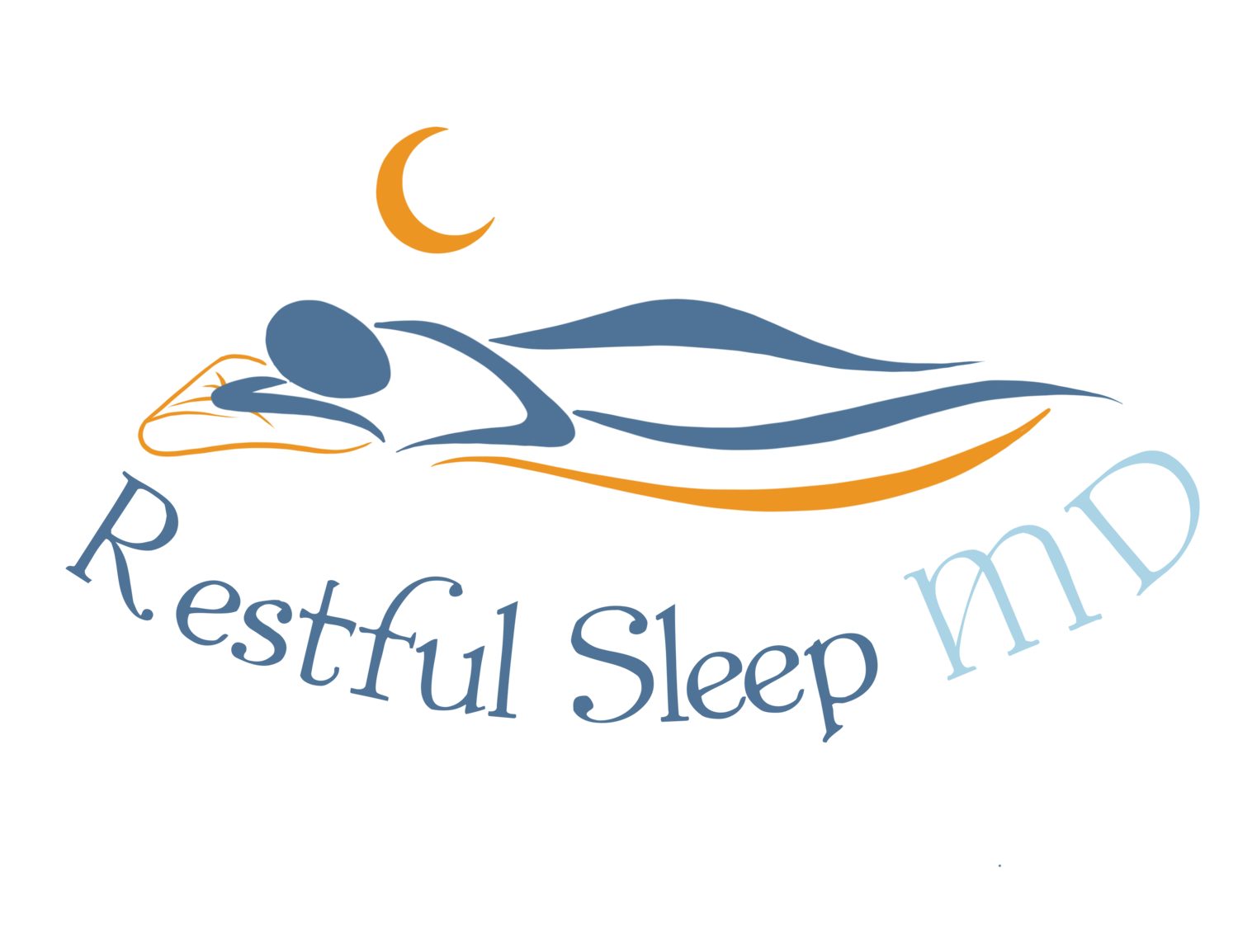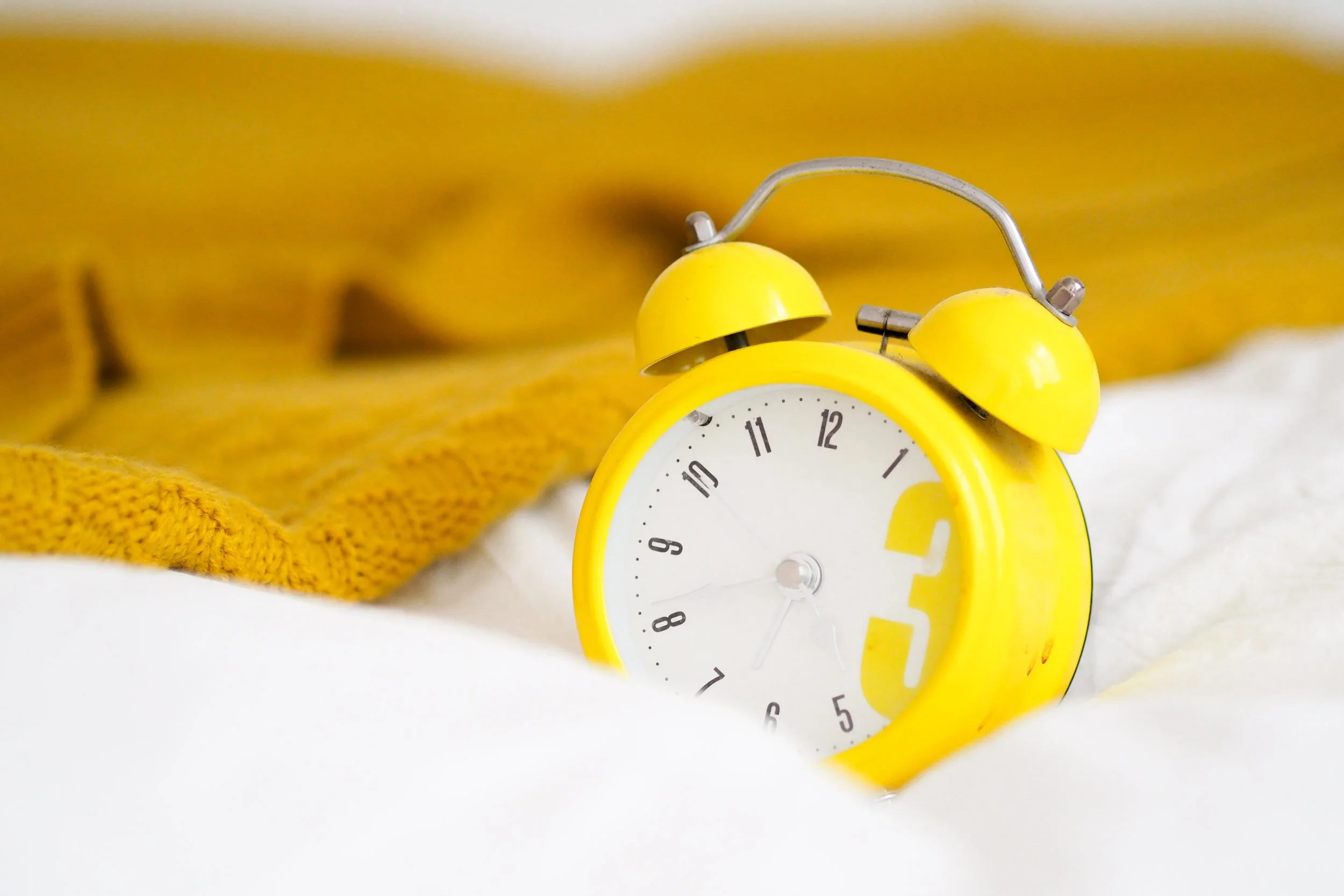Is my teenager getting enough sleep?
Most teens are not! This is an issue several parents struggle with, and you are not alone! While it seems like your teen may be resisting sleep, several factors could be causing inadequate sleep in your adolescent. With puberty, your teen’s body is going through so many changes, and sleep is also affected. With these physical changes, the need for social connections, and early school start times, teens are not getting the recommended 8 to 10 hours of sound sleep (9.25 hours to be precise!).
In this blog, I will discuss some factors that affect your teenagers sleep as well as solutions for improvement.
Do you know that poor sleep is connected to several physical, mental, and emotional consequences? Studies have shown that teenagers with inadequate sleep have increased daytime sleepiness, are more moody and depressed, make poor choices, and have poorer health outcomes (such as obesity and high blood pressure).
Factors that affect a teenager’s sleep
Hormonal changes: Brain changes occur during early adolescence, causing a shift in their body clock and a later circadian rhythm. Melatonin, a sleep-inducing hormone, is released later in the evening. This change manifests in your teen preferring a later bedtime. When they complain that they’re not sleepy, they really aren't! To make things worse, most middle and high schools have an early school start time. This limits the total sleep opportunity they have overall.
After school activities: Homework, sports, extracurricular activities, and other social commitments can lead to a later bedtime.
Early school start time: Middle and high school starting as early as 7.30 am is a frequent occurrence. These early school start times work against a teenager’s body clock. A combination of a later bedtime and early wake-up time for school limits the number of hours of sleep they get. Nearly 70% of adolescents report sleeping less than seven hours on school nights.
Electronics/social media: Electronic devices like the TV, cell phones, and computer games, as well as social media, are a routine part of our teenagers’ lives. While these social connections are important, they can significantly impact sleep. Most electronic devices emit what you call blue light that tricks the brain into thinking it is still daytime. In the presence of this blue light, melatonin, the sleep hormone, is decreased, and your child has a difficult time falling asleep. Additionally, the pleasures (or frustrations) derived from video games, news, and social media can cause a stress response, increasing their arousal and preventing their mind from settling down to sleep.
Light exposure: Blue light emitted from cell phones, computers, and other devices can prevent the appropriate production of melatonin.
Sleep disorders: Sleep disorders such as restless leg syndrome or sleep apnea can affect the quality of sleep that a teenager gets.
Mood disturbances: There is a bidirectional relationship between poor sleep and mood in teenagers. Anxiety and depression can impact your teen’s ability to fall asleep. On the flip side, if they have not had a sufficient sleep, teens can feel more anxious and depressed.
What are the signs of inadequate sleep in teenagers?
Decreased attention span
Memory problems
Poor decision-making skills
Depression and moodiness
Decreased academic performance
Decreased sports performance
Truancy from school
Fatigue and excessive daytime sleepiness
How do we ensure our teens sleep well?
How to ensure our teenagers get good quality sleep
Sleep hygiene includes a variety of healthy practices that help improve the quality of sleep. Here is a list of practical tips that can be effective in improving sleep in your teenager:
Set a consistent bedtime and wake time. Stick to this as much as possible, even on the weekends.
Use the bed for sleep only. Leave electronic devices (TV, phones, video games) out of bed and out of the room.
Develop a sleep routine that can include two or three calming activities at bedtime. Our bodies thrive on a routine, and our brains anticipate sleep better.
Have a healthy sleep environment, including keeping the room dark, avoiding too much noise, and sleeping in a cool room.
If you can’t fall asleep and find yourself feeling frustrated, get out of bed and do something boring. Then, return to bed when you start feeling sleepy. Other alternatives to this can include journaling any racing thoughts or meditation.
Avoid caffeine at least 6 hours before bed.
Helping your teen improve their sleep will work best if you engage them in the process as much as possible. You can discuss how important sleep is to their overall health. For my patients in the clinic, I sometimes use examples such as improved reaction time as a benefit of sufficient sleep. This works really well for teens engaged in sports and even those that enjoy playing video games. You can find an activity that resonates with them and help them discover how much better they can perform with restful sleep. If they seem overwhelmed by all the changes they need to make, you can support them by helping pick one sleep tip to work on at a time.
If you are concerned that your teenager has a sleep disorder, please contact their pediatrician as they may need to see a sleep specialist, such as a sleep therapist or a pediatric sleep specialist, at a sleep clinic. A professional in sleep medicine can conduct a sleep study to identify any underlying issues and provide targeted solutions.
Interested in additional sleep support? Learn more about Sleep Coaching and our Private Practice The Restful Sleep Place.


